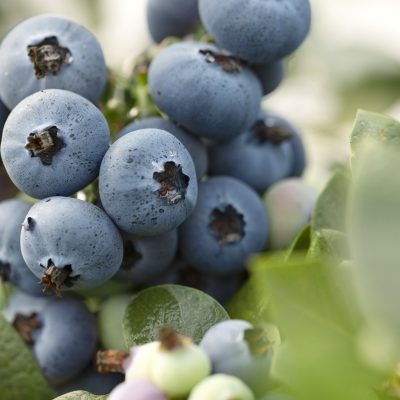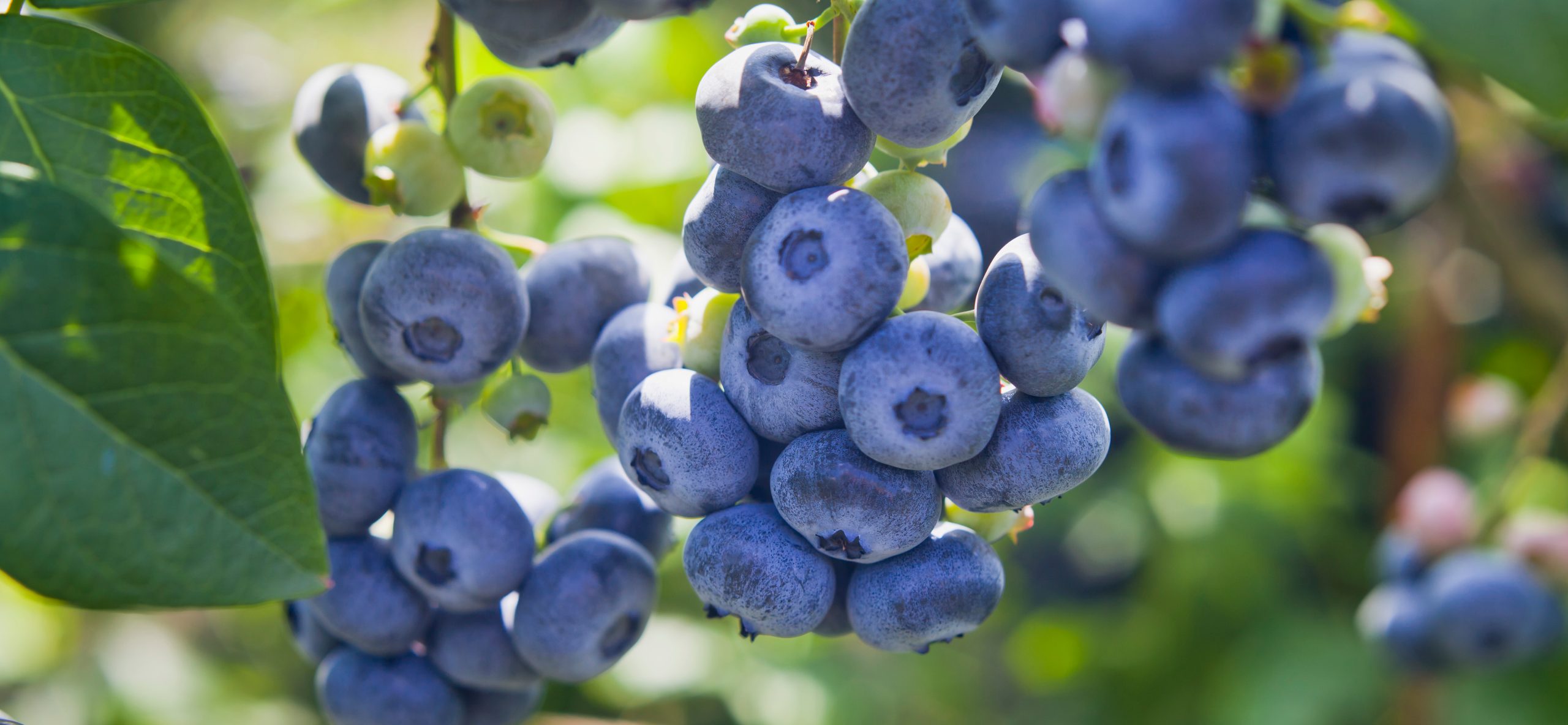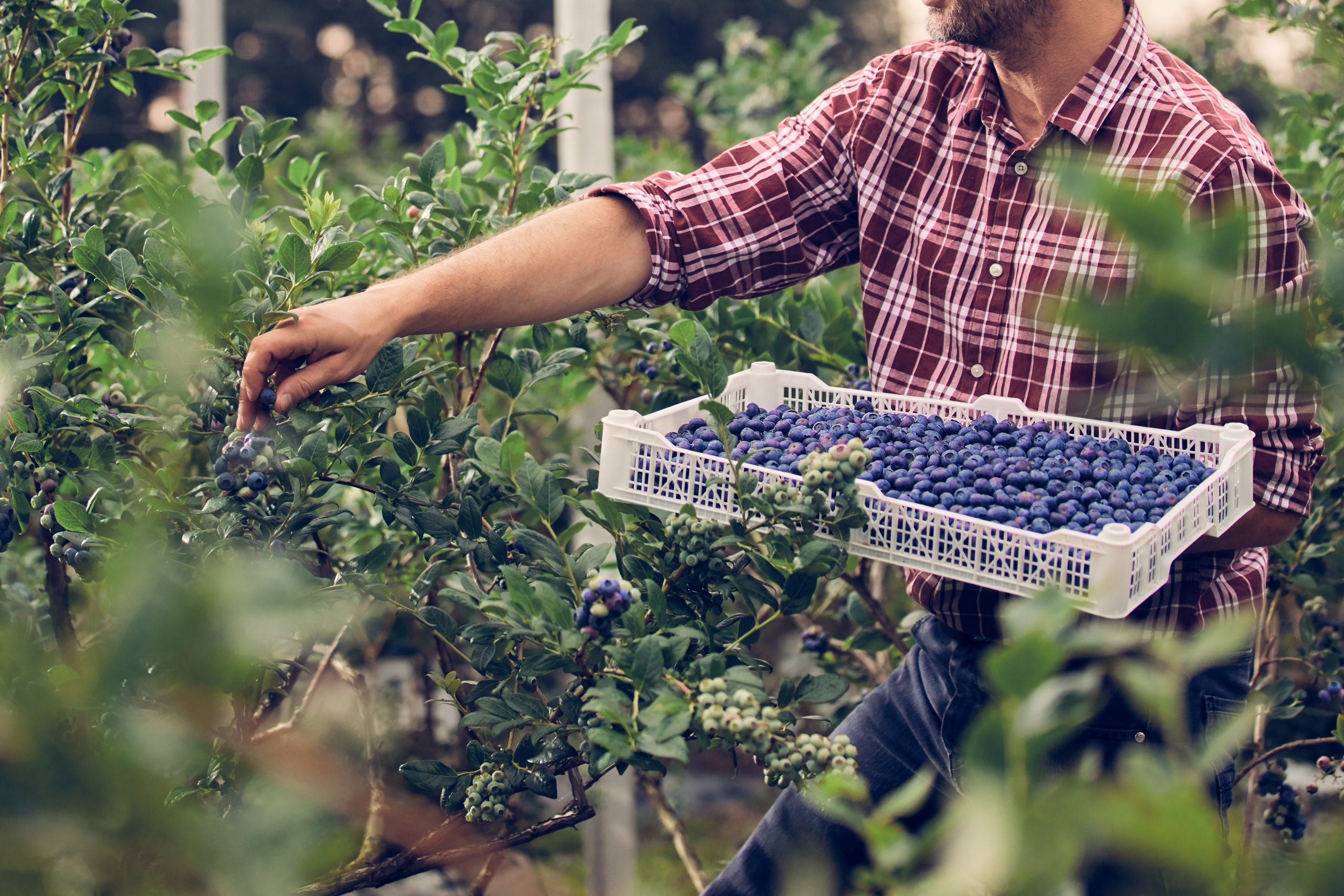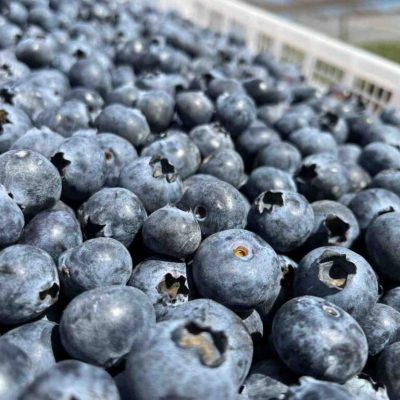Organic crops have significantly more antioxidants, study finds
An international study led by the University of Newcastle in the U.K. has found a diet of organic food can provide antioxidants that are equivalent to 1-2 extra portions of fruit and vegetables per day.
A release from the university said the meta-analysis looked at 343 studies into the differences between organic and conventional crops, and found that the former can have 18-69% more antioxidants such as polyphenolics than the latter.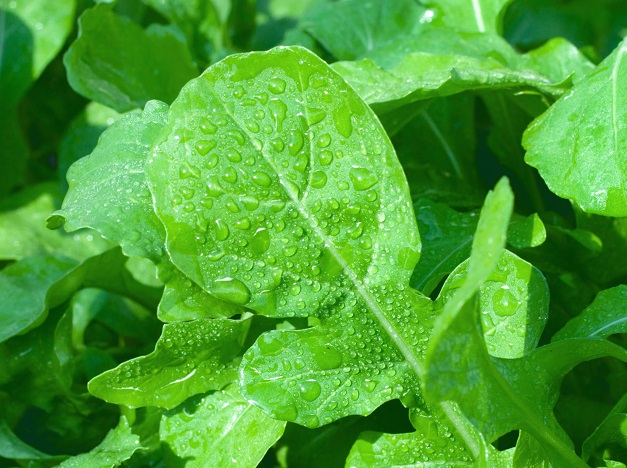
The study, published in the British Journal of Nutrition, also showed significantly lower levels of toxic heavy metals in organic crops, with 48% less cadmium than their conventional counterparts.
“This study demonstrates that choosing food produced according to organic standards can lead to increased intake of nutritionally desirable antioxidants and reduced exposure to toxic heavy metals,” said Newcastle University professor Carlo Leifert, who led the study.
“This constitutes an important addition to the information currently available to consumers which until now has been confusing and in many cases is conflicting.”
The research reached the opposite conclusion to a 2009 study commissioned by the U.K. Food Standards Agency (FSA), which found there were no substantial differences or significant nutritional benefits from organic food.
“The main difference between the two studies is time,” Leifert said.
“Research in this area has been slow to take off the ground and we have far more data available to us now than five years ago.
“The much larger evidence base available in this synthesis allowed us to use more appropriate statistical methods to draw more definitive conclusions regarding the differences between organic and conventional crops,” added the team’s Dr. Gavin Stewart, who is a meta-analysis expert.
The research, jointly funded by the the European Framework 6 programme and the Sheepdrove Trust, also found nitrogen concentrations were much lower in organic crops. Concentrations of total nitrogen were 10% lower, and lower levels were also found of nitrate (30%) and nitrite (87%) in organic compared to conventional crops.
Leifert added the study should be a starting point in the debate about differences between organic and conventional farming methods.
“The organic vs non-organic debate has rumbled on for decades now but the evidence from this study is overwhelming – that organic food is high in antioxidants and lower in toxic metals and pesticides,” he said.
“We have shown without doubt there are composition differences between organic and conventional crops, now there is an urgent need to carry out well-controlled human dietary intervention and cohort studies specifically designed to identify and quantify the health impacts of switching to organic food.”
The study also found that pesticide residues were four times more likely to be found in conventional crops than organic ones.
“Our results are highly relevant and significant and will help both scientists and consumers sort through the often conflicting information currently available on the nutrient density of organic and conventional plant-based foods,” said Washington State University scientist and study co-author, professor Charles Benbrook.
The landmark study was also met with a very positive response by The Organic Center (TOC) in Washington D.C.
“This important research should help greatly to dispel consumer confusion about the benefits of organic,” said TOC director of science programs Dr. Jessica Shade.
“This significant study reevaluates the issue from a more inclusive, statistically accurate standpoint and strongly shows that organic fruits and vegetables have definite health benefits to conventionally grown products.
“Based on the findings of this study, if an individual were to switch from a conventional to an organic diet, they could have a 20-40 percent increase in antioxidants without a simultaneous increase in calorie intake. In other words, for the same amount of food, eating organic delivers a significantly higher dietary intake of healthy antioxidants.”
Photo: www.shutterstock.com
07/14/2014
Fresh Fruit Portal



